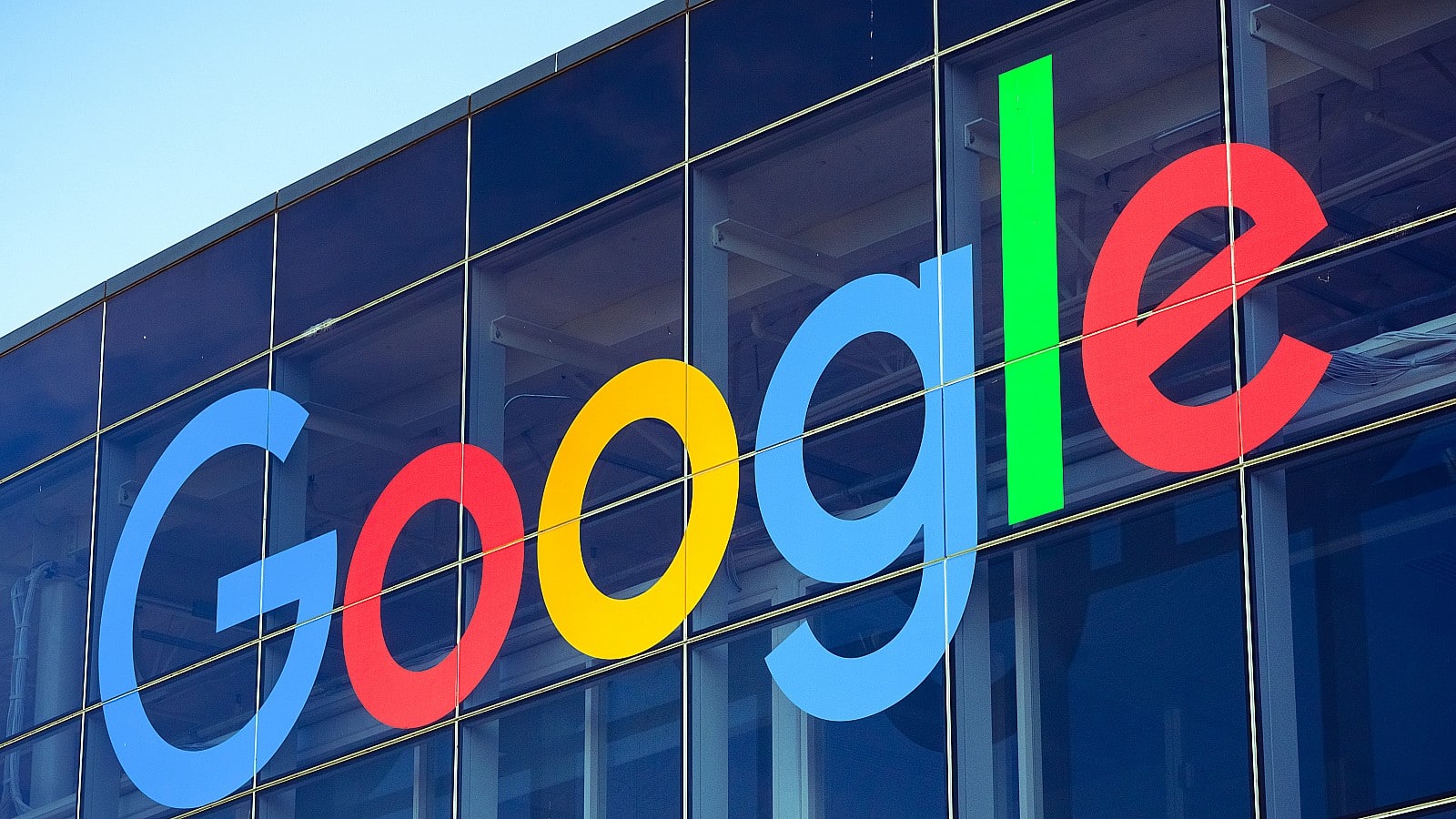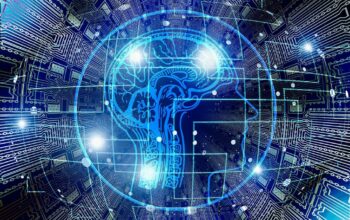In a response to emerging concerns about privacy and accuracy, Google has made the decision to limit one of the features of its artificial intelligence system that could generate images from descriptions. The internet behemoth previously boasted the capability of its AI to create pictures of people simply based on textual inputs – a feature that was seen as both impressive and contentious.
The heart of the issue lies in the AI system’s propensity to produce images that may not always be a true-to-life representation. Concern arose after it became apparent that some of the images generated did not accurately portray the individuals’ true likenesses, potentially leading to misinformation and misuse. These inaccuracies prompted Google to reconsider this specific aspect of their AI technology’s abilities.
Google’s swift action underscores the company’s acknowledgement of the delicate balance between technological innovation and ethical responsibility. By suspending the feature, Google aims to prevent any unintentional harm or misrepresentation that could arise from the misuse of AI-generated images. While the tech giant continues to forge ahead in AI development, it is also demonstrating a cautionary approach to how these advancements are applied, especially when personal identity is involved.
This involuntary pause in the AI feature reflects a broader discussion in the tech world about the ethical implications of artificial intelligence. Google is no stranger to these conversations, and has previously faced scrutiny regarding AI ethics. The decision to halt the creation of AI-generated people pictures can be seen as a proactive measure in the face of potential ethical challenges which other companies creating similar AI technologies might also consider.
The implications of this decision resonate beyond Google, setting a precedent for other technology firms working on artificial intelligence. In an industry where crossing lines between innovation and privacy are increasingly easy, it is pivotal for companies to self-regulate and establish strong ethical guidelines to ensure that technology serves the greater good without inadvertently crossing moral boundaries.
Amidst Google’s actions, the future of AI-generated imagery is at a crossroads. With the proper guardrails and ongoing dialogue around ethics, developments like these can cease to pose risks and instead contribute to beneficial innovations. Google’s case illustrates the necessity of vigilance and responsibility as AI continues to evolve and integrate more deeply into various aspects of daily life.

















